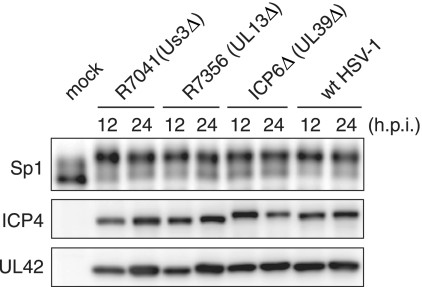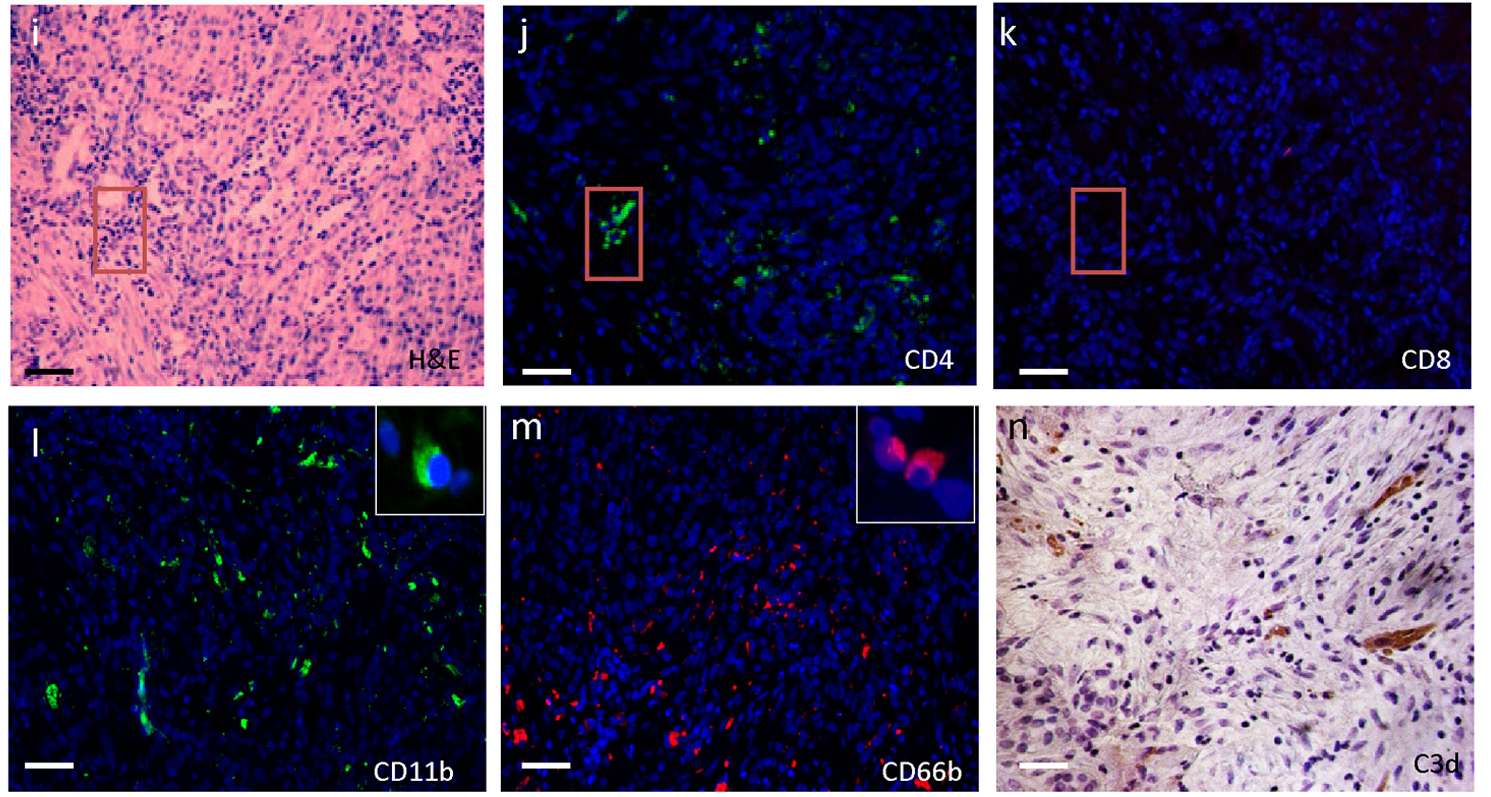
Cat. #153381
Anti-CEA [337]
Cat. #: 153381
Sub-type: Primary antibody
Unit size: 100 ug
Availability: 10-12 weeks
Target: CEA
Class: Monoclonal
Application: ELISA ; FACS ; IHC
Reactivity: Human
Host: Mouse
£300.00
This fee is applicable only for non-profit organisations. If you are a for-profit organisation or a researcher working on commercially-sponsored academic research, you will need to contact our licensing team for a commercial use license.
Contributor
Inventor: Lindy Durrant
Institute: University of Nottingham
Tool Details
*FOR RESEARCH USE ONLY
- Name: Anti-CEA [337]
- Alternate name: CEACAM5; CEA
- Clone: 337
- Tool sub type: Primary antibody
- Class: Monoclonal
- Conjugation: Unconjugated
- Strain: C57BL/6
- Reactivity: Human
- Host: Mouse
- Application: ELISA ; FACS ; IHC
- Description: Cell surface glycoprotein that plays a role in cell adhesion and in intracellular signaling. Receptor for E.coli Dr adhesins, found in adenocarcinomas of endodermally derived digestive system epithelium and fetal colon. Belongs to the immunoglobulin superfamily, CEA family- contains 7 Ig-like (immunoglobulin-like) domains.
- Immunogen: CEA
Target Details
- Target: CEA
- Target background: Cell surface glycoprotein that plays a role in cell adhesion and in intracellular signaling. Receptor for E.coli Dr adhesins, found in adenocarcinomas of endodermally derived digestive system epithelium and fetal colon. Belongs to the immunoglobulin superfamily, CEA family- contains 7 Ig-like (immunoglobulin-like) domains.
Applications
- Application: ELISA ; FACS ; IHC
Handling
- Format: Liquid
- Concentration: 0.9-1.1 mg/ml
- Unit size: 100 ug
- Storage buffer: PBS with 0.02% azide
- Storage conditions: -20° C
- Shipping conditions: Shipping at 4° C
References
- Byers et al. 1988. J Immunol. 140(11):4050-5. PMID: 2453564.
- Potentiation of anti-carcinoembryonic antigen immunotoxin cytotoxicity by monoclonal antibodies reacting with co-expressed carcinoembryonic antigen epitopes.




